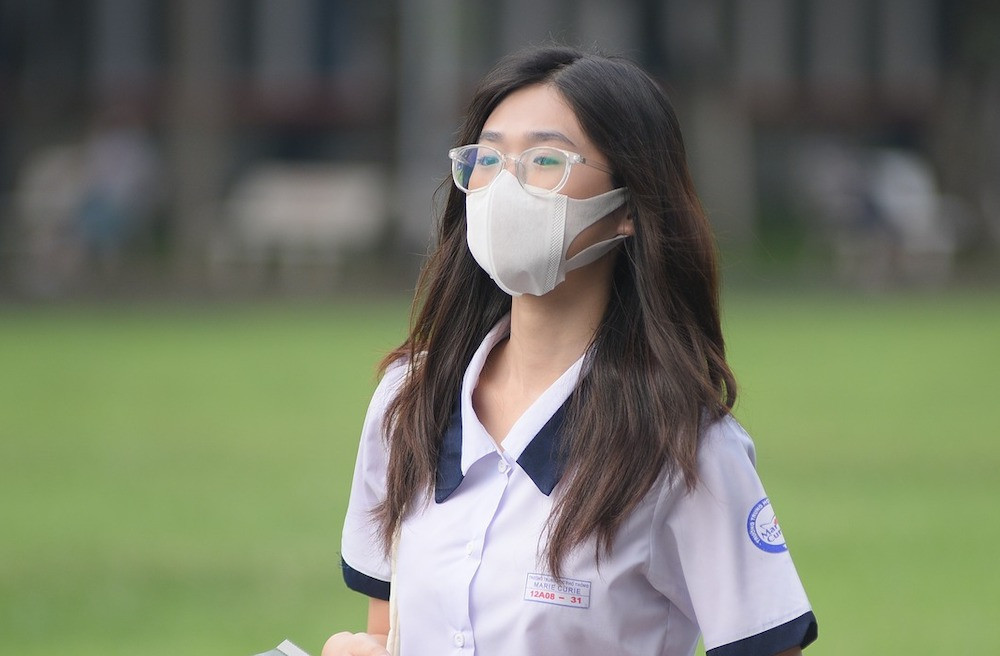
Among the 18 occupations that require a bachelor's degree are computer science, information security, and multimedia communication; mechanical engineering technology – automation; electrical engineering - electronics; food processing technology; and biotechnology and medicine and pharmacy.
The Ministry of Education and Training (MOET) said targets for university education were set in the National Assembly’s Resolution 81/2023/QH15 released January 9, 2023.
It is expected that by 2030, Vietnam will have 260 university students per 10,000 people. Needs have changed and become increasingly diverse. Many students have shifted to technology-related majors, such as computer science, AI (artificial intelligence) and data science, leading to changes in the labor market.
Surpassing medicine and education, technology-related faculties have become the ‘hottest’ majors for students. This can be seen in the high competition ratios among students and higher benchmark scores.
Students, for example, must have at least a 29.42/30 score to be admitted to Hanoi University of Science and Technology in the 2023-2024 academic year.
As technology develops, workers also need updated knowledge so self-study and lifetime study are becoming increasingly important.
MOET has named 18 business fields that need workers with a bachelor’s degree. In addition to the majors above, the ministry also included agriculture-forestry-fishery; architecture, construction and environment; applied arts; economics and trade; tourism; hotels and restaurants; healthcare and beauty care; and education and psychology.
The ministry emphasized that healthcare is one of the most important sectors in Vietnam. To satisfy the needs of the labor market, schools need to develop human resources in the sector, while focusing more on new majors such as molecular medicine and genetic medicine. The qualifications of doctors and nurses need to be upgraded, and the number of doctors per 10,000 people increased.
A report on healthcare network planning for 2021-2030, with a vision toward 2050, showed that Vietnam aims to have 15 doctors, 2.8 pharmacists with university education, and 25 nurses per 10,000 people.
The figures are 19 doctors, three pharmacists and 33 nurses by 2030, and 35 doctors and 90 nurses by 2050.
The need for doctors and nurses will increase year after year and a serious shortage of medical workers could occur after 2030, especially nurses (the shortage of nurses will be double that of doctors). In the 2021-2030 period, Vietnam is expected to need 173,400 more doctors and 313,900 more nurses.
Le Huyen